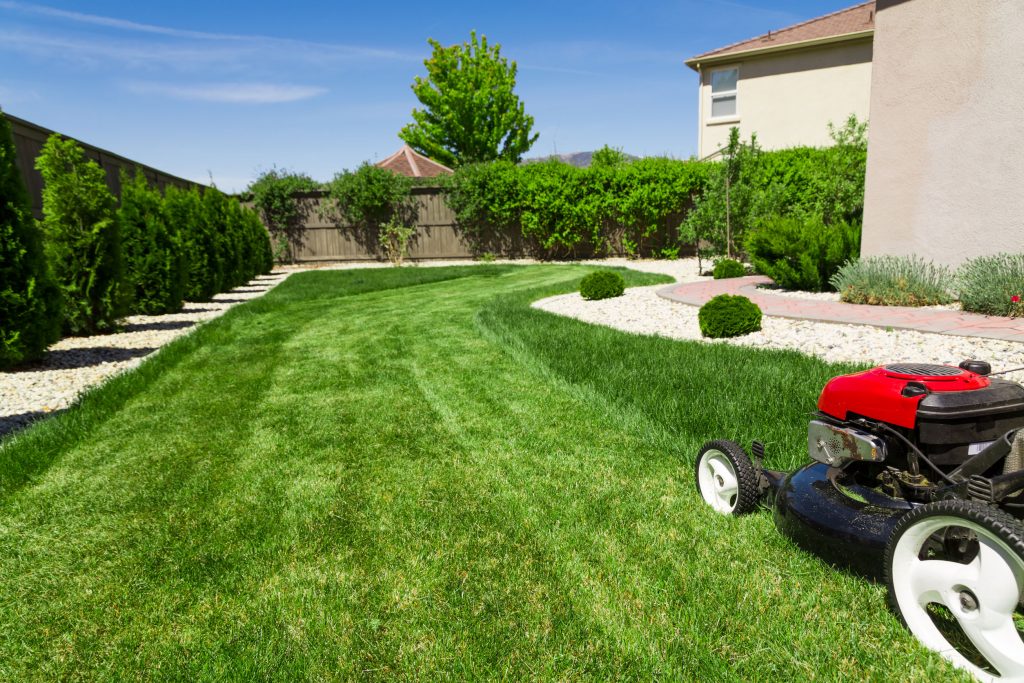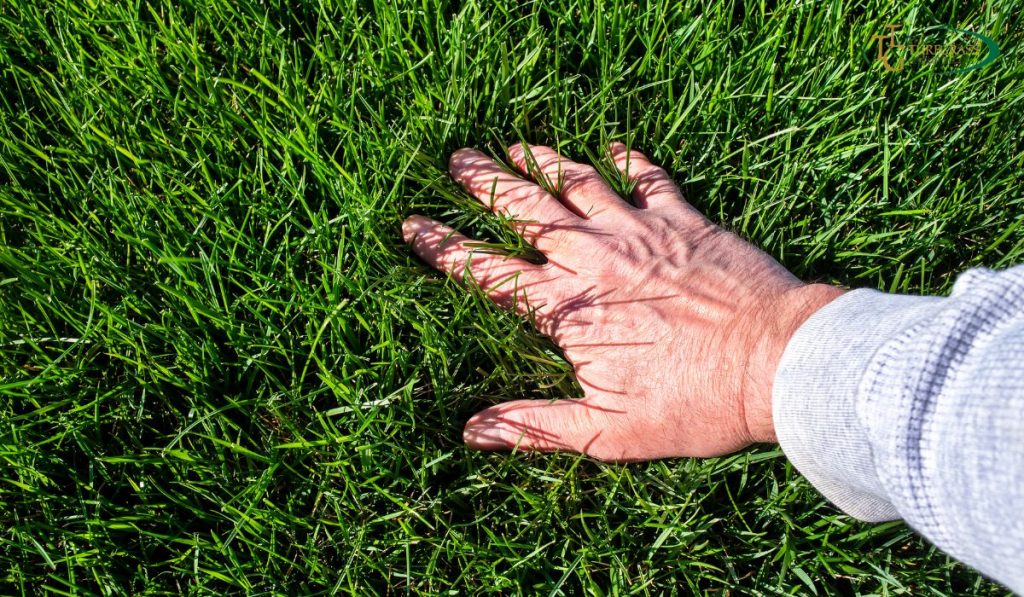
A lush, green lawn not only enhances the beauty of your property but also offers several environmental benefits. When you take care of your lawn and maintain its health, you contribute to the well-being of the Environment in various ways. This article will explore four key ways having a healthy lawn is good for the Environment. From improving air quality to conserving water, your efforts in lawn care have a positive impact. Let’s delve into these benefits.
Enhancing Air Quality
One of the significant ways a healthy lawn benefits the Environment is by enhancing air quality. Grass acts as a natural air purifier by trapping dust, pollen, and other airborne particles, preventing them from circulating in the atmosphere. Additionally, the grass blades absorb carbon dioxide (CO2) and release oxygen through photosynthesis, helping to reduce the levels of CO2 in the air. A healthy lawn contributes to a cleaner and fresher perspective, promoting a healthier environment.
Supporting Biodiversity
A healthy lawn with diverse plant species provides valuable habitat and food sources for various insects, birds, and other wildlife. Maintaining a well-balanced ecosystem on your property creates a welcoming environment for beneficial insects like bees and butterflies, which are essential for pollination. This, in turn, supports your area’s overall biodiversity and helps maintain a healthy ecosystem.

Preventing Soil Erosion
Healthy lawns play a crucial role in preventing soil erosion. The dense grassroots network holds the soil together, reducing the risk of decay caused by wind or water. When soil erosion occurs, it not only leads to the loss of fertile topsoil but also contributes to sediment runoff, which can negatively impact nearby water bodies. Maintaining a healthy lawn helps to preserve soil integrity and prevent erosion, promoting a sustainable environment.
Conserving Water
A well-maintained and healthy lawn can contribute to water conservation efforts. Healthy grass requires less water compared to neglected or stressed properties. When you provide proper irrigation, follow watering best practices, and prevent water wastage, you can minimize the amount of water needed to keep your lawn healthy. This helps conserve water resources and reduces the strain on local water supplies during dry periods or drought conditions.
FAQs (Frequently Asked Questions)
Does having a healthy lawn require the use of chemical pesticides?
No, having a healthy lawn does not necessarily require chemical pesticides. Various natural and organic alternatives are available for controlling pests and maintaining a fit property without harming the Environment.
How can I maintain a healthy lawn without excessive water usage?
Maintain a healthy lawn while conserving water. You can follow best practices, such as watering deeply and infrequently, using efficient irrigation systems, and monitoring soil moisture levels to avoid overwatering.
Can a healthy lawn help reduce the urban heat island effect?
Yes, a healthy lawn can help reduce the urban heat island effect. The grass and vegetation in a healthy yard provide shade, absorb heat, and cool the surrounding area through evapotranspiration, helping to mitigate the heat island effect in urban environments.
Are there any eco-friendly alternatives to traditional lawn fertilizers?
Yes, there are eco-friendly alternatives to traditional lawn fertilizers. Organic fertilizers made from natural ingredients, such as compost, manure, or seaweed extracts, provide nutrients to the soil and promote a healthy lawn without synthetic chemicals.
How can I encourage biodiversity in my lawn?
You can encourage biodiversity in your lawn by incorporating native plants, creating habitat features like bird feeders or insect houses, and avoiding chemical pesticides that can harm beneficial insects and wildlife.
Is it necessary to aerate the lawn to maintain its health?
Aerating the lawn can improve soil compaction and allow better absorption of water and nutrients. It is recommended to aerate the lawn periodically, especially in high-traffic areas or if the soil appears compacted.
How does a healthy lawn contribute to reducing carbon emissions?
A healthy lawn helps to reduce carbon emissions in multiple ways. Firstly, the grass absorbs carbon dioxide (CO2) through photosynthesis and stores it in plant tissues. Secondly, a healthy lawn helps to prevent soil erosion, which can release keep carbon into the atmosphere. Maintaining a beneficial property contributes to carbon sequestration and reduces greenhouse gas emissions.

Can a healthy lawn help improve water quality?
Yes, a healthy lawn plays a role in improving water quality. The dense grass cover helps filter rainwater, reducing runoff and preventing the transport of pollutants into water bodies. The roots of healthy lawns also help absorb excess nutrients, preventing them from leaching into groundwater and causing water pollution.
Does a healthy lawn provide a cooling effect in urban areas?
Yes, a healthy lawn provides a cooling effect in urban areas. The grass and vegetation absorb solar radiation, reducing the heat island effect and lowering ambient temperatures. This natural cooling effect can create a more comfortable and sustainable urban environment.
Can a healthy lawn help conserve energy in homes?
A healthy lawn can help conserve energy in homes. By providing shade and reducing the temperature around your property, a healthy lawn can help decrease the need for excessive air conditioning during the hot summer months. This can lead to energy savings & a reduced carbon footprint.
Conclusion
Having a healthy lawn is not only beneficial for the aesthetics of your property but also has positive effects on the Environment. A well-maintained lawn contributes to a sustainable and eco-friendly environment, from enhancing air quality and supporting biodiversity to preventing soil erosion and conserving water. So, take pride in your lawn care efforts and enjoy the beauty and environmental benefits of a healthy, vibrant lawn.